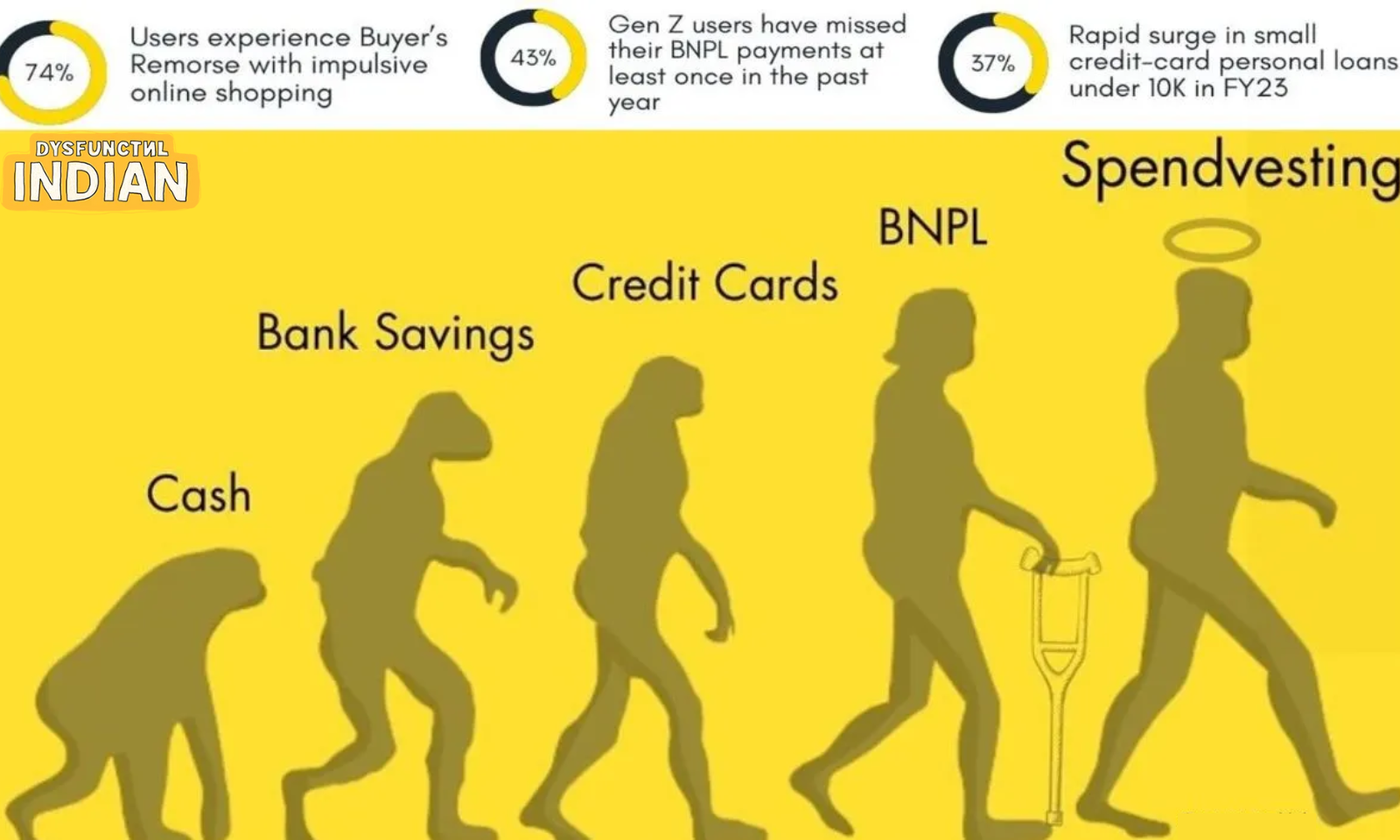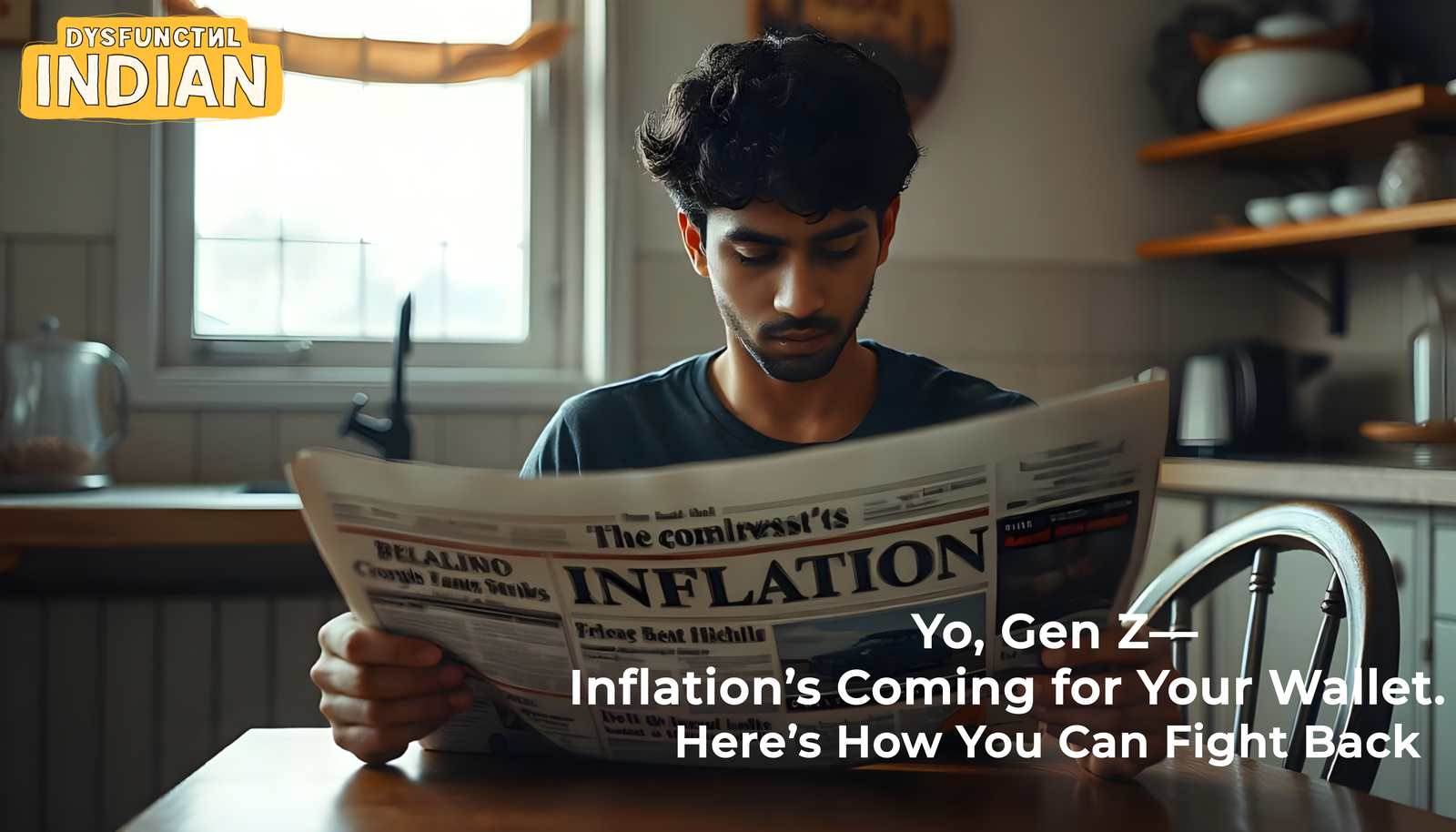The Rise and Risks of Cancel Culture
Posted by admin on 2024-11-09 |

Cancel culture has become a common
term in today’s digital world, often carrying polarized opinions. Some view it
as a tool to hold public figures accountable, while others argue that it
promotes toxicity and leaves no room for growth. Often spearheaded on social
media, the movement usually involves calling out, boycotting, or ‘canceling’
someone or something to highlight social injustices or ethical missteps. While
it aims to serve as a mechanism for social justice, cancel culture can
sometimes lead to rushed judgment and mob-like behaviors, which have broader
implications for both individuals and society.
Does Cancel Culture Promote
Accountability?
Proponents of cancel culture argue
that it creates a mechanism of accountability in a society where influential
figures have historically escaped repercussions for harmful actions. They
suggest that public figures should be mindful of their influence, as their
words and actions resonate with millions. For instance, when major celebrities
or corporate leaders face consequences for offensive behavior, it signals to
society that actions have consequences, regardless of status or power.
Consider the case of American
comedian Kevin Hart, who, after old homophobic tweets surfaced, lost his
hosting gig for the 2019 Academy Awards. The incident highlighted society's
shifting attitudes towards homophobic humor, especially from high-profile
figures. Such outcomes can lead to increased sensitivity and awareness on
controversial issues, pushing public figures and companies to adopt more
responsible behavior.
Cancel Culture’s Dark Side:
Hastiness and Toxicity
However, cancel culture has its
flaws. Critics argue that it often doesn’t allow for due process, fairness, or
an opportunity for individuals to genuinely apologize and learn. Instead,
public shaming can lead to immediate, disproportionate punishment. There are
numerous cases where individuals, including celebrities and everyday people,
have lost jobs, faced harassment, and suffered reputational damage over issues
that may have been taken out of context or were based on long-past actions.
Psychologist Dr. Clark McCauley
notes that the instinct to join mass criticism is tied to a human need to feel
morally aligned and connected with a larger group. Yet this behavior often
leads to oversimplified judgments and fosters a toxic environment where people
are wary of speaking openly for fear of being ‘canceled.’
For example, in India, the
cancelation of Tanishq’s Diwali advertisement in 2020, which showed a
Hindu-Muslim couple, received mixed reactions. While some saw it as an attempt
at religious unity, others took offense, leading to a boycott of the brand.
This incident sparked debates about intolerance and amplified the cancel
culture phenomenon in India. Such examples show how cancel culture can become a
battleground for cultural or political beliefs rather than a space for
constructive criticism.
Can Cancel Culture Facilitate Growth
and Reconciliation?
The process of canceling people
without the possibility of redemption or growth raises the question of what we
hope to achieve. Should the ultimate goal of social accountability be
correction and learning, or a permanent erasure of those who falter?
Some experts argue that cancel
culture could benefit from a restorative approach, where individuals are given
the chance to acknowledge their errors and make amends. According to Dr. Brené
Brown, a research professor known for her work on vulnerability, a
"shame-driven culture" often stifles the potential for change. She
suggests that, when handled thoughtfully, public accountability could promote
genuine reflection rather than punishment. However, for this approach to work,
society needs to allow people the space to apologize and grow.
Social Media: The Double-Edged Sword
A study published in Computers in
Human Behavior by Dr. Allison Abrams found that social media creates a
psychological "echo chamber," amplifying users' biases and promoting
a judgmental mindset. As a result, cancel culture can quickly become a trend to
follow rather than a movement for constructive change, creating a digital
environment where nuance and dialogue are rare.
The rise of social media has fueled
cancel culture, amplifying voices and grievances but also contributing to the swiftness
of condemnation. On platforms like Twitter and Instagram, outrage can go viral
within hours, sometimes without thorough investigation of facts. Algorithms on
these platforms often favor sensationalism, which leads to a snowball effect of
accusations and backlash.
Looking Beyond Cancel Culture
Cancel culture may not be entirely
preventable, especially given the influence of social media, but a balance
between accountability and forgiveness is crucial. Building a culture that
focuses on learning, reconciliation, and dialogue could lead to more impactful
social justice. Thoughtful criticism and constructive dialogue might be more
effective in creating lasting change, rather than canceling individuals
outright.
In India, as conversations about
cancel culture grow, it’s important to consider its implications thoughtfully.
Whether it’s addressing an offensive comment or an insensitive advertisement,
the aim should be to foster understanding and progress rather than promoting a
cycle of public shaming.









